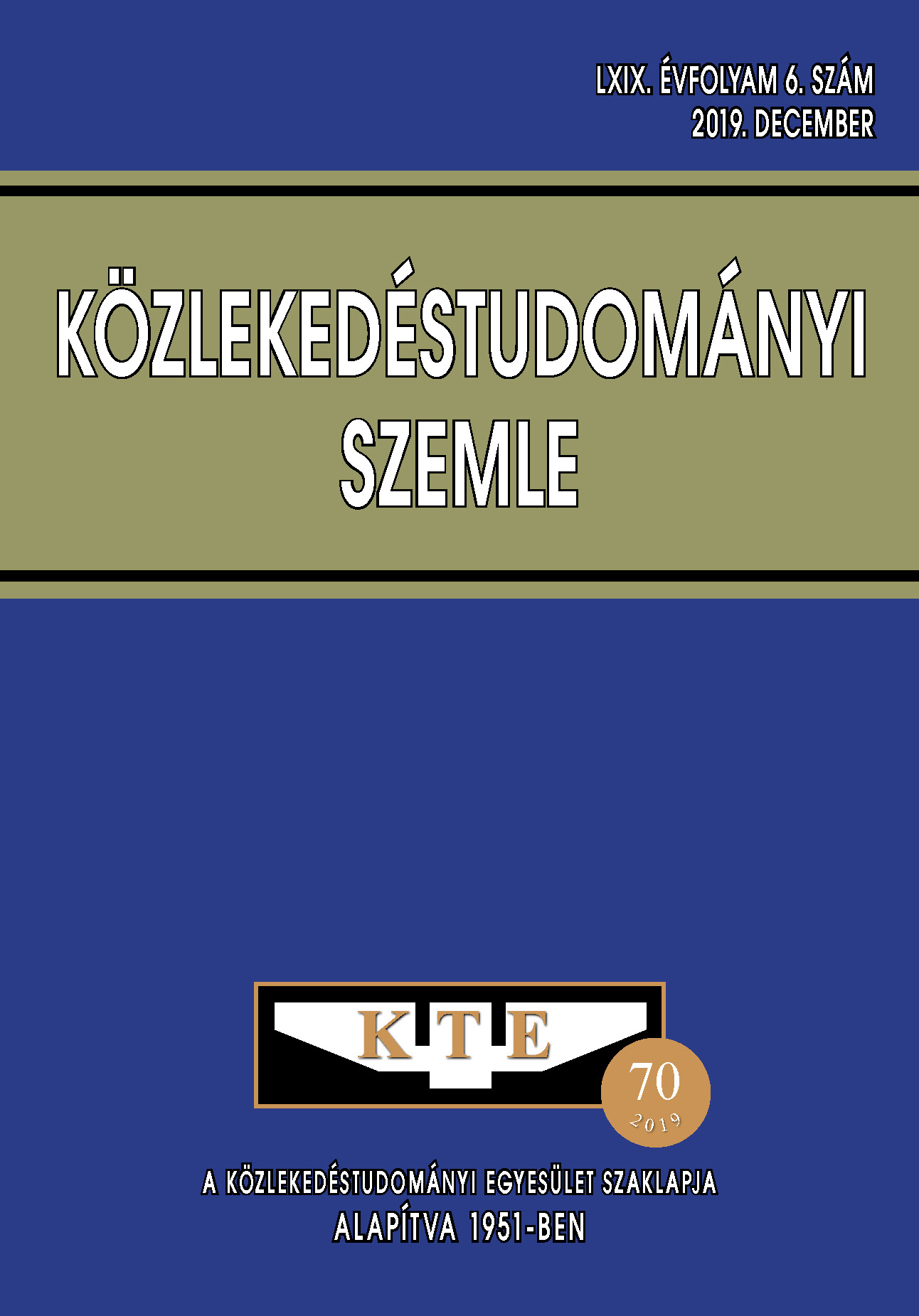Changes in the railway system along the Austrian-Hungarian border after the First World War
Abstract
After the Treaty of Trianon, numerous railway lines in Western Hungary were cut in half by the new borders, or divided into several sections. In the years following the First World War, the quality of rail travel in this area was far below the standard of the pre-war period. Those wishing to travel could only be provided with low-quality rail transport and service during this period with few services, crowded and unheated wagons, frequent changes in timetables, and everincreasing fares. For many, travel had become almost unaffordable, which was made more difficult by border crossings (passport and customs checks). At the same time, it can be considered a positive factor that the West-Transdanubian region had become accessible by international high-speed trains to Vienna, Brno, Rijeka, Graz, Prague, Bratislava, and Zagreb. Hungary's loss of territory, and the reduced rail traffic had a very negative impact on the region's trade, supply and many other areas.
Articles published electronically are open access (OJS), freely available online and can be downloaded. Authors of articles are not charged any publication or publishing costs (APC). Users have the right to read, download, copy, print, and search the articles, or share the full text with a link.
Authors must declare that their submission has not been previously published in another journal, that financial support has been acknowledged, and that the list of references is complete and accurate, including specification of URLs and DOIs (if available). When submitting a draft article, each author approves the submitted version. Authors guarantee that the article is their original work. Authors are required to participate in the peer review process, follow the advice of reviewers, meet the prescribed deadlines, and, if any, withdraw the submission or correct errors.
All submitted articles are subject to peer review, where the editors request an independent evaluation from at least one expert, ensuring that the reviewer(s) have no conflicts of interest with the authors. The final decision is made by the Editor-in-Chief, who takes into account the evaluations and the suggestions of the editors. The editors and reviewers treat the submission confidentially.
The publisher and editors are committed to maintaining high ethical standards and to preventing publications that involve research misconduct. They follow the COPE guidelines on such ethical issues.
The authors retain copyright and grant the journal the right of first publication under the Creative Commons License (https://creativecommons.org/licenses/by-nc-nd/4.0), which allows others to share the work, while acknowledging the authorship of the work and the first publication in the journal.
The journal archives all published articles, and the journal's owner, the Hungarian Society of Transportation Sciences, will continue to operate the database even if the journal ceases to be published.















